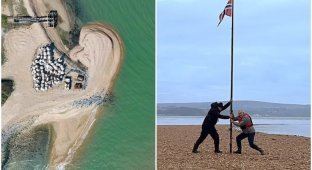Robinson in his own way: the story of the Portuguese exile Lopes (5 photos)
History has preserved many examples of survival and miraculous rescuing people who have been shipwrecked or who have passed through betrayal. But voluntary exile is a rarity. 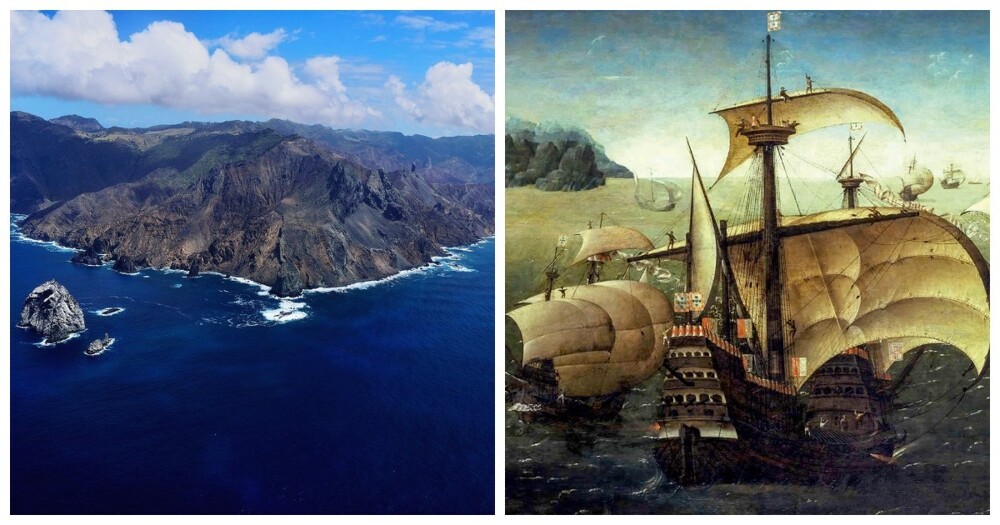
Saint Helena is known to many. After all, he became a haven for the deposed emperor Napoleon Bonaparte. But long before the arrival of the disgraced monarch, he lived here for 30 years an ordinary soldier is the Portuguese Fernand Lopes. 
Saint Helena
On this previously unknown piece of land, Portuguese sailors stumbled upon by chance in 1502. The island was uninhabited, only in the branches A few birds hid in the trees. From a practical point of view it seemed useful to people: plenty of fresh water and solid reserves wood.
And the sailors equipped an outpost here: they erected several houses, brought in livestock, planted fruit trees and vegetables. Sometimes here in people who fell ill on the road remained in a makeshift infirmary in order to transfer to another ship after the condition improves.
And Lopes became not only the first settler, but also spent the island, which was originally given the name Helena of Constantinople, most of my conscious life.
Betrayal and trials 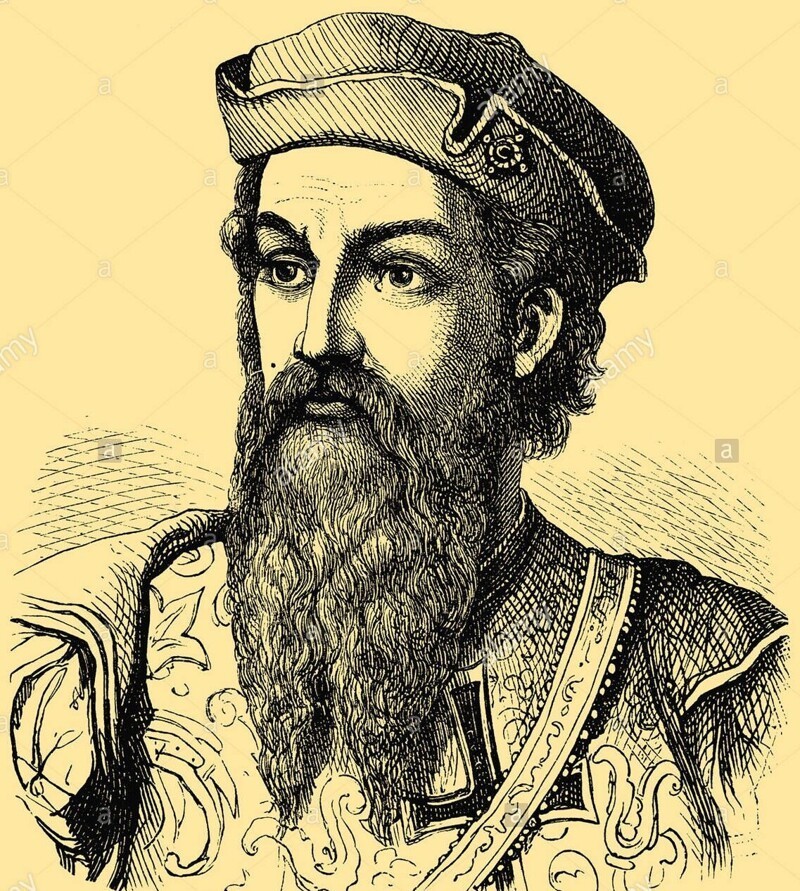
Afonso de Albuquerque
He was supposedly born in 1480 in the capital Portugal. In 1506 he participated in the expedition of Tristan da Cunha. A four years later he joined the army of Admiral Afonso de Albuquerque and took part in the conquest of Goa, which was under the rule of the Muslim Bijapur Sultanate.
They won the victory, and the admiral left Goa with part of the army, leaving Lopis as garrison commander. Fernand accepted Islam and surrendered the captured positions. For which he paid dearly: Albuquerque returned, defeated the Muslims and those who joined them compatriots. But Fernand was not killed, but was punished in a revealing way in a cruel way: they chopped off his right hand, cut off his ears and nose. 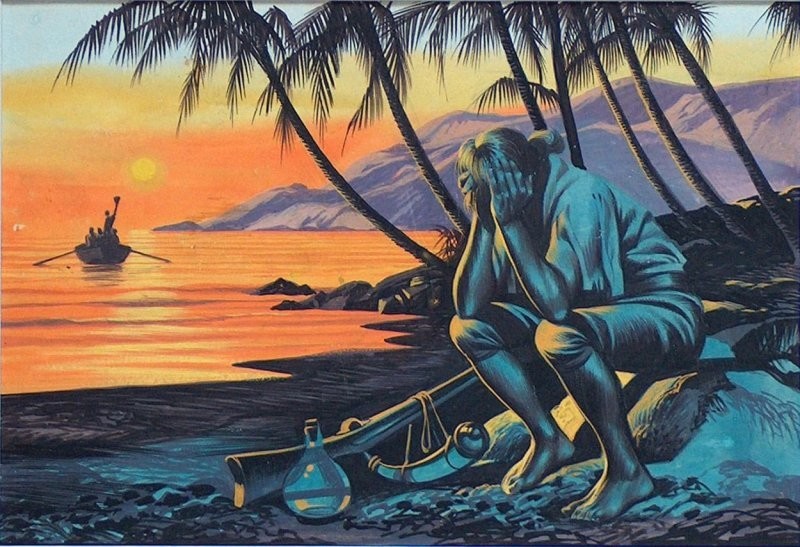
Lopis went into hiding for several years. But in the end I got forgiveness Portuguese king. And permission to return home. On the way the ship stopped in the bay of the same island. And the man asked the captain leave it here. After all, nothing awaited him as a traitor in his homeland. good. In addition, he was very shy of the disfigured appearance. Sailors left him a supply of food and some clothes and departed. So began the life of a hermit on the island.
Lopis equipped a sleeping place in the cave. Hunted for birds fished and grew vegetables. The sailors who knew about the fate of the hermit during the next visits to the bay left him, out of pity, some supplies.
Once, a young cockerel fell from the side of a sailing ship. Fernand saved the bird, and the rooster became his only friend. lopis even set up a citrus orchard, planting seeds left by his compatriots. Then the farm expanded, a vegetable garden and goats appeared, which he also left by the sailors.
Forgiveness and choice 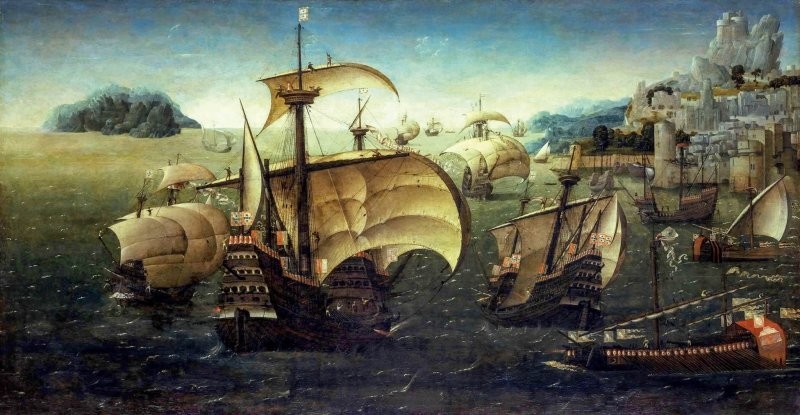
Portuguese fleet of the 15th century
Gradually information about a voluntary exile spread throughout Europe and reached the Portuguese king. Juan III ordered to deliver the cripple to him, imbued with the history of man, who continued to punish himself for betrayal, and offered the man make a pilgrimage to Rome.
He did so and received forgiveness from the Pope for apostasy. The pontiff promised to grant any wish hermit. And he asked to be returned back to Saint Helena. Lopes received permission and lived on the island until his death in 1545. year, until the end helping sailors replenish food supplies, giving fruits from his orchard and garden, meat and dairy products.
The Portuguese Robinson was a controversial character. But definitely made every effort to atone for the betrayal.












